The Rise of Spiritual But Not Religious: Understanding the Shift Away from Traditional Faith
In a world increasingly characterized by diversity and the questioning of conventional wisdom, a significant shift can be seen in how individuals describe their spiritual beliefs and affiliations. The phrase "spiritual but not religious" (SBNR) has become a popular self-identifier for a growing portion of the population, representing an interesting trend that navigates the complex interplay between personal spirituality and institutionalized religion.
This emerging demographic frequently distances itself from organized religion's doctrines and practices, finding them too restrictive, outdated, or incongruous with personal experiences. Instead, SBNRs seek a more individualized approach to spirituality, one that often draws from various religious traditions, philosophy, and personal introspection. This spiritual mosaic reflects a quest for meaning that is both personal and inclusive of a broader range of perspectives and experiences.
Notably, this trend is most apparent among younger generations who display a pronounced disposition toward personal autonomy and skepticism about traditional authority. Sociologists point to the cultural shifts of the late 20th century as a catalyst, with baby boomers challenging the status quo of their time, leading to the rise of the "None"—those who select 'none' on surveys asking about religious affiliation. This secularizing trend is accompanied by the proliferation of resources and communities both online and offline that cater to those exploring spirituality outside the bounds of organized religion.
One could argue that the SBNR movement is not entirely new, as it bears resemblance to the transcendentalist movement of the 19th century and the countercultural spiritual explorations of the 1960s and 70s. However, what sets the current wave apart is the mainstream acceptance and the ease with which individuals can access a plethora of spiritual resources. The Internet has played a crucial role in this by creating spaces where SBNRs can connect, share insights, and cultivate their unique spiritual landscape.
As this trend continues to grow, it raises critical questions about the future of religious institutions and their role in society. Some religious leaders view the SBNR movement as a call to adapt and address the changing spiritual needs of the population. They argue it's essential for religious organizations to engage in self-reflection and renewal, taking into account the longing for authenticity, community, and personal spiritual agency expressed by SBNRs.
On the other hand, critics of the SBNR stance contend that without the grounding in tradition, community accountability, and a coherent theological framework, spiritual but not religious individuals may end up with a fragmented and superficial understanding of spirituality. They fear that the selective approach to spiritual practices may undermine the depth and richness that traditional religious paths offer. Advocates for organized religion argue that it provides a tried and tested ethical structure, a sense of belonging, and a connection to a heritage that has stood the test of time.
The conversation surrounding spiritual but not religious individuals is reflective of a broader dialogue on pluralism, identity, and existential purpose in a rapidly changing world. It prompts us to consider the evolving landscape of belief and how it shapes the way we navigate ethical dilemmas, form communities, and seek to understand the transcendent.
As society progresses and the concept of spirituality continues to expand, it becomes increasingly important to understand the varying paths individuals take in their pursuit of spiritual fulfillment. Through this exploration, we can hope to foster a greater sense of compassion and respect for the myriad ways in which people find meaning and connection in an increasingly complex world.Continuing the exploration of the SBNR phenomenon, it is important to delve into the implications this shift has on community and connection. One of the hallmarks of traditional religion has been its ability to bring people together in shared belief and practice. In contrast, the individualistic nature of the SBNR approach might suggest a more solitary spiritual journey. However, the reality is more nuanced.
Despite prioritizing personal spirituality over communal worship, many SBNRs still seek out community and shared experiences. The Internet and social media have made it easier than ever for like-minded individuals to connect, forming networks of spiritual seekers. These virtual communities often translate into real-world interactions, with meet-ups, retreats, and workshops catering to those who may prefer a meditation session over Sunday morning service. These gatherings provide the communal aspects that fulfill the human need for social support and connection while allowing for personal autonomy in spiritual practices.
Moreover, the SBNR movement intersects with growing interests in mindfulness, yoga, and other practices with roots in Eastern spirituality. Western societies are witnessing a surge in these practices' popularity, illustrating a melding of the spiritual and the secular, which cater to both the SBNR crowd and those who still identify with a particular faith tradition but embrace interfaith principles and eclectic spiritual practice.
Another aspect that merits attention is the engagement of SBNRs with social issues. Institutional religions have long been at the forefront of various social movements, from civil rights to humanitarian efforts. SBNRs often profess a deep concern for social justice, environmental sustainability, and global consciousness, which translates into a spirituality that is not inward-focused but justice-oriented. This suggests a redefinition of what it means to be spiritual in action—an ethic not predetermined by dogma but by a conscientious connection to humanity and the environment.
Additionally, this demographic often sees their spiritual journey as evolutionary, embracing the idea that their beliefs and practices can change and evolve over time. This flexibility may allow for a more responsive ethical system that can adapt to contemporary issues more dynamically than traditional religious structures bounded by historical interpretation and doctrine.
However, the fluid nature of SBNR spirituality also presents challenges in terms of spiritual leadership and guidance. Without established figures or institutions, individuals may struggle to find mentors or authoritative sources to help navigate the sometimes complex terrain of spiritual beliefs and experiences. This raises another significant question: In the SBNR context, who determines what is authentic or valuable? The self-directed nature of an SBNR journey requires discernment and often a significant degree of spiritual literacy to parse through vast amounts of information and adapt useful elements into one's practice.
The SBNR trend also reflects broader societal changes in attitudes towards authority and expertise. It is part of a larger narrative about the democratization of knowledge and the shift towards a more egalitarian access to information. Yet, without the interpretive community that a traditional religious framework provides, there is a potential for misinterpretation or the reinforcement of subjective preferences to the exclusion of challenging or complex ideas.
As religious institutions witness the growth of the SBNR demographic, there may be opportunities to reassess their roles and practices. There might even be potential for a mutual exchange of ideas, where traditional religions can offer wisdom from centuries of spiritual discourse, while SBNRs can contribute fresh perspectives and innovative practices.
In conclusion, the rise of the "spiritual but not religious" marks a critical juncture in the ongoing narrative of faith and spirituality. It is a reflection of an age that values personal truth and direct experience, while at the same time struggling with the isolation that can come with extreme individualism. The interplay between personal freedom and communal belonging, and between ancient wisdom and modern innovation, is a fascinating dance of ideas and practices shaping spirituality's future. As society evolves, so too will the definitions and manifestations of both religion and spirituality, continuing the ever-unfolding quest for understanding and meaning in the human experience.


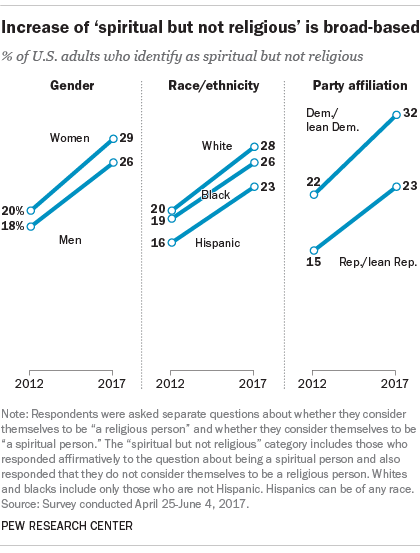

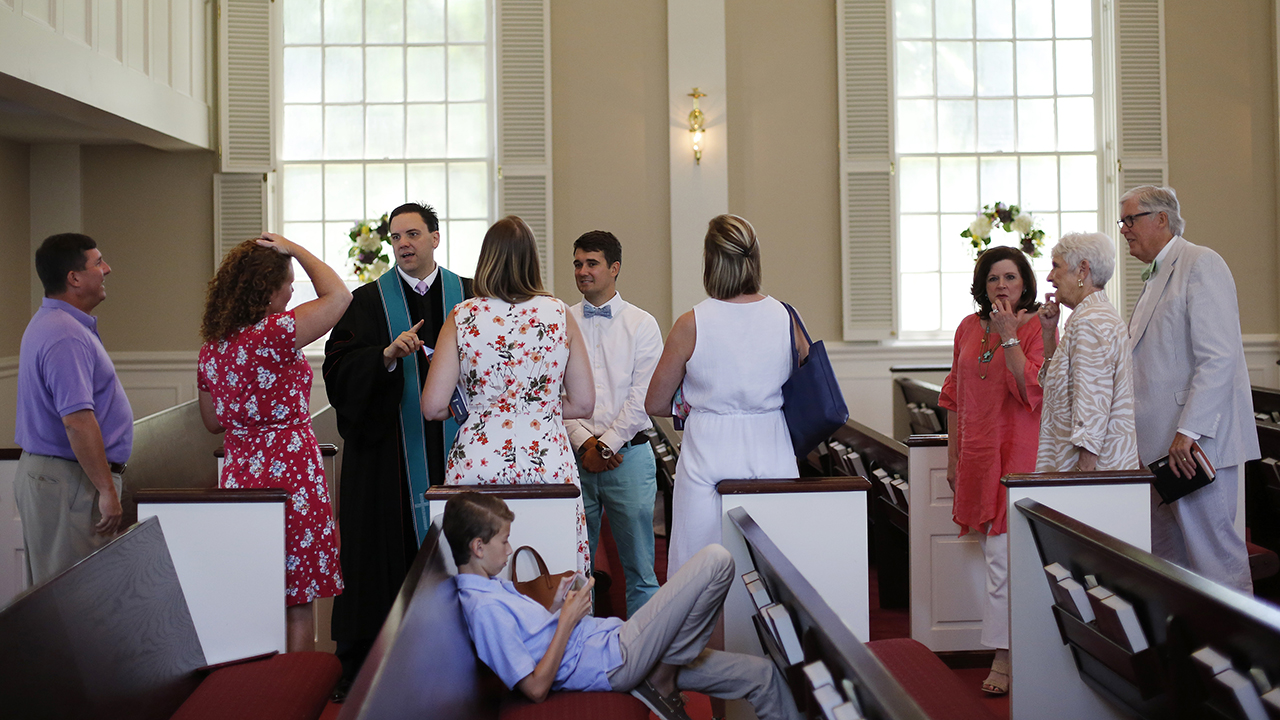

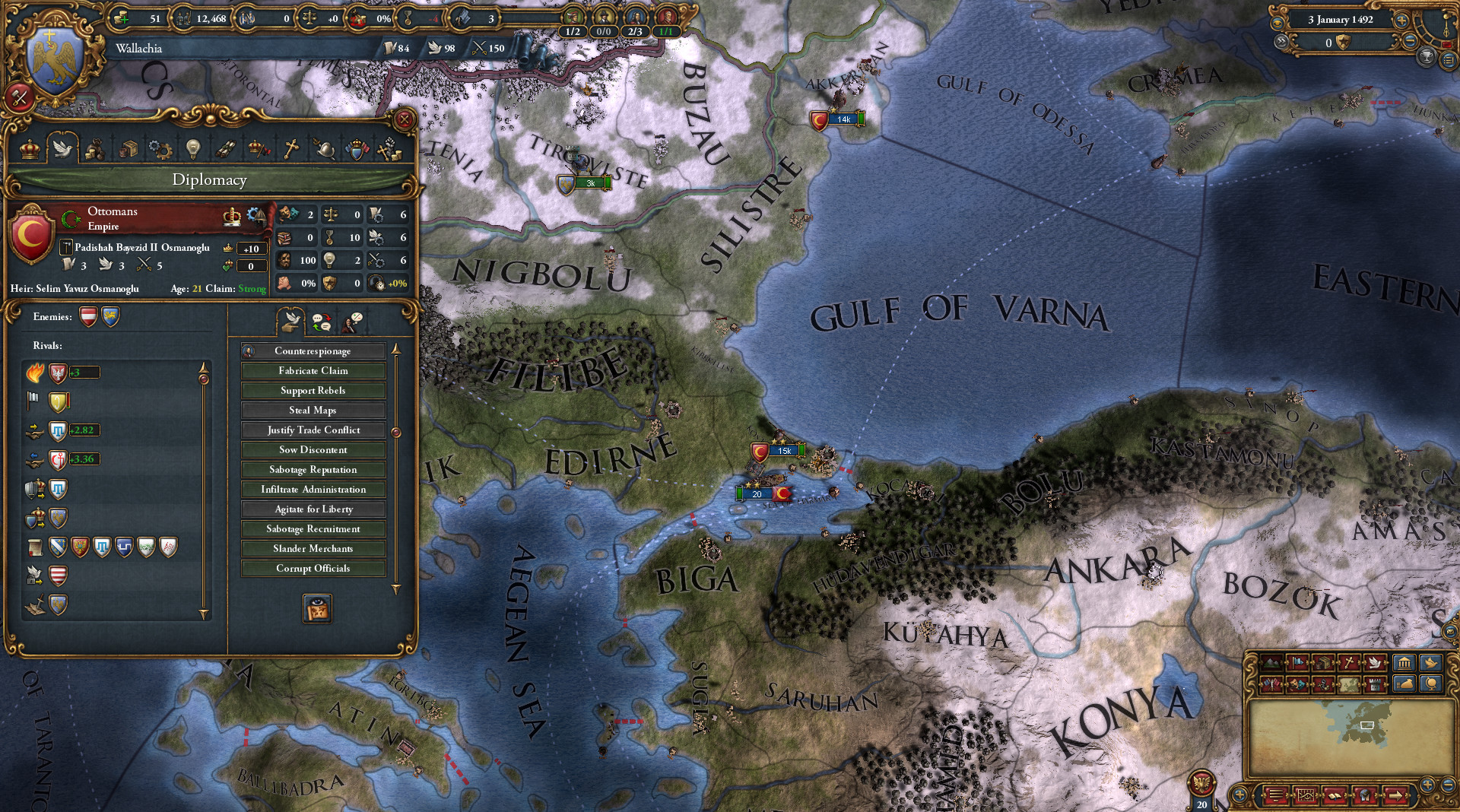


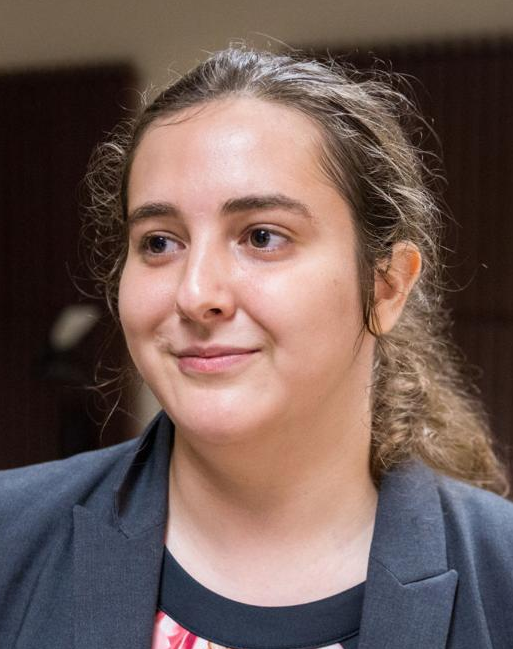




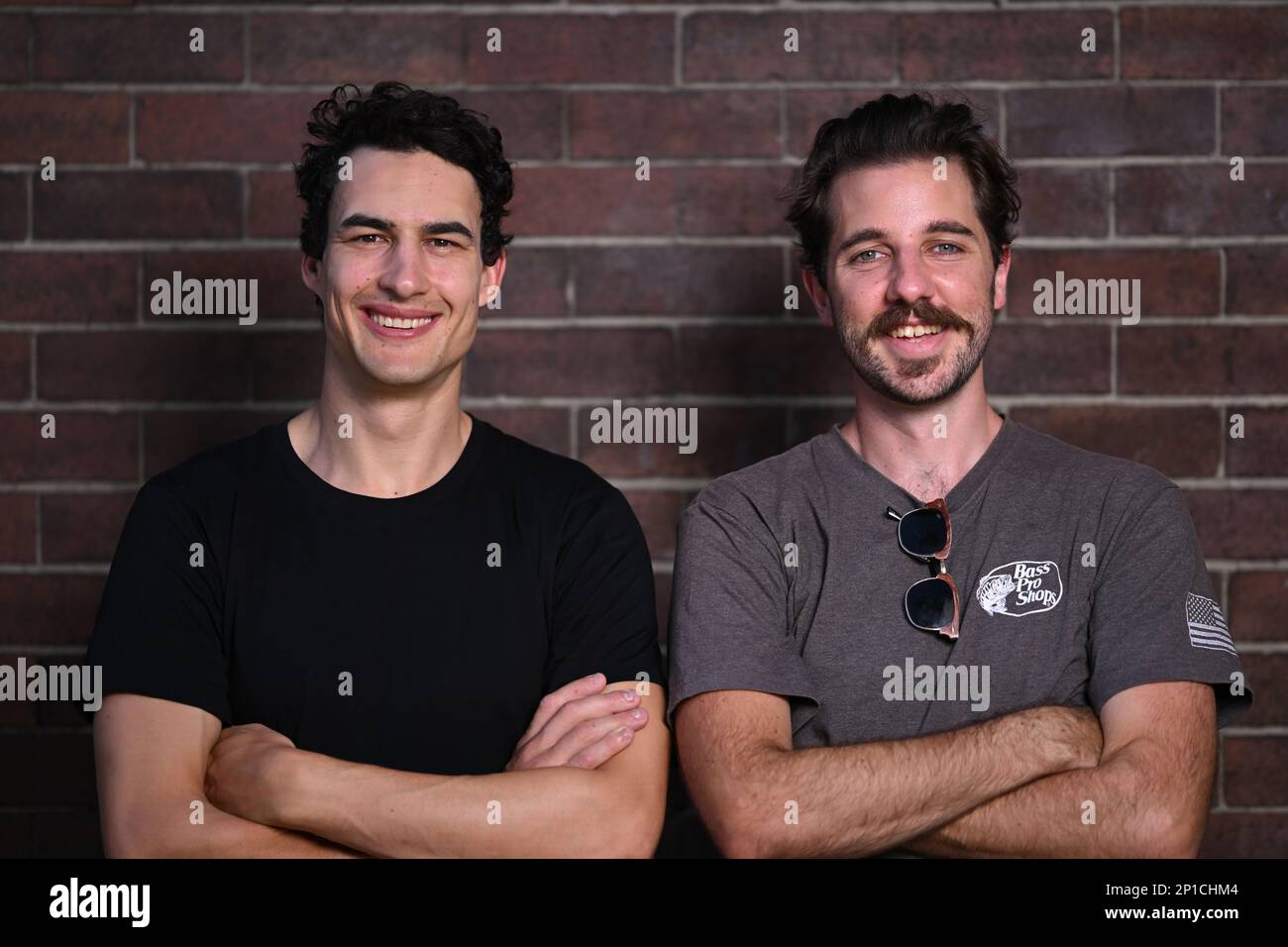



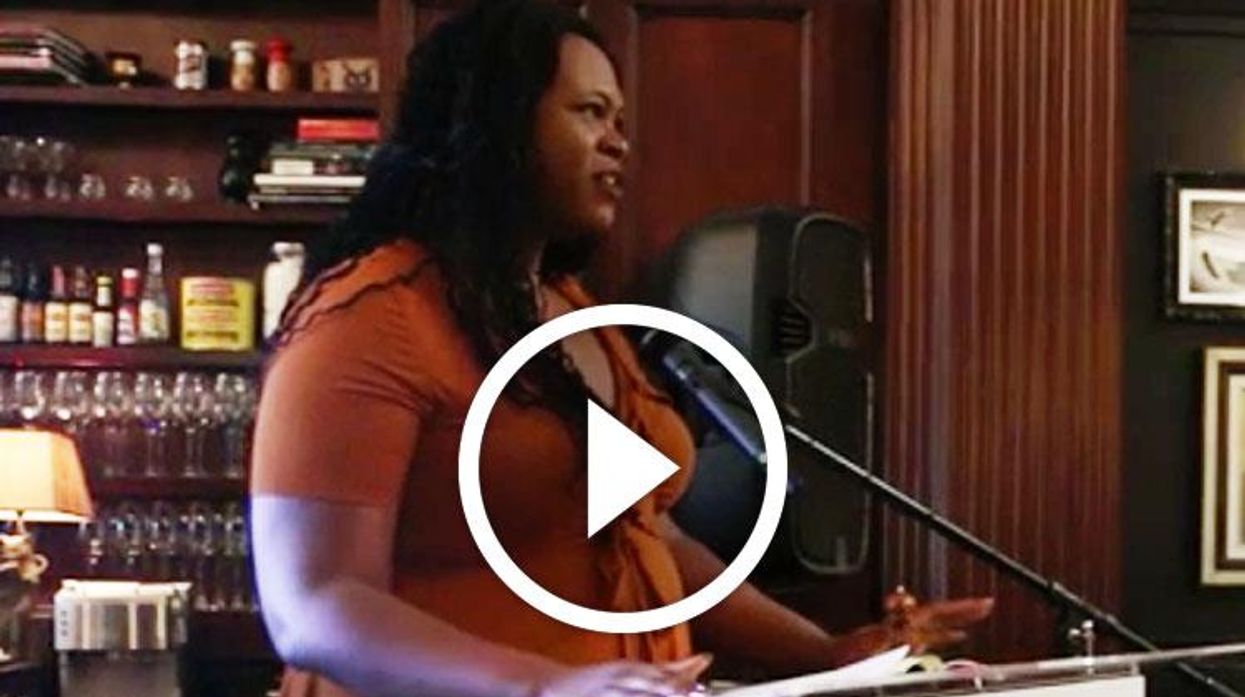



Comments